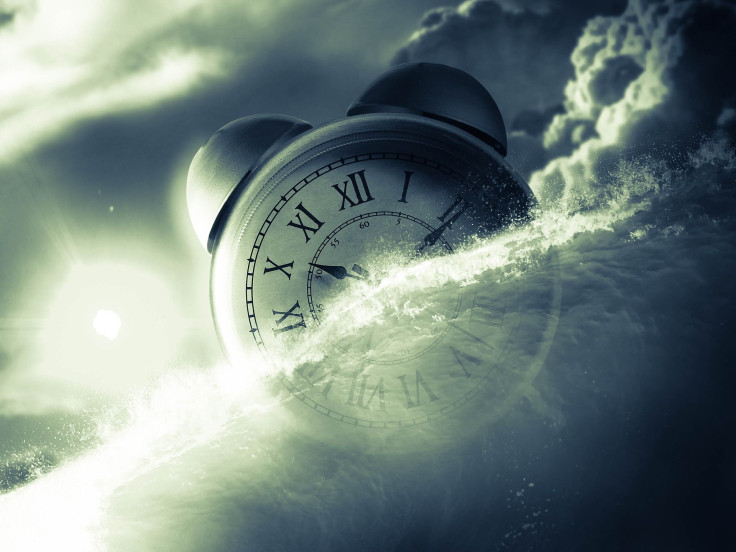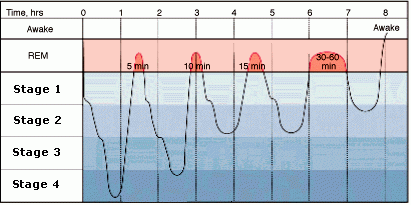Sleep Tracker: How Much Your Body And Mind Can Benefit From 1 Extra Hour Of Shut Eye


How much would the average person benefit from one extra hour of sleep per day?
This question originally appeared on Quora. Answer by Joyce Schenkein, Neuropsychologist.
This is an interesting question, but the answer is not one size fits all.
We can talk about an average sleep requirement of about 8 hours, but people vary widely around this, with some people being lifelong short sleepers, who can get by on as few as 5 hours per night, and others who are long sleepers, and who, when left alone would sleep 9 to 10 plus hours.
In addition, we can talk about a circadian rhythm, an inborn sleep-wake clock, which makes one sleepy at a certain point of the day and wakes one up at another. In real life, sunlight helps entrain this cycle to about 24 hours, but in the absence of sunlight, the free running clock has been shown to range from 18 hours to 30, meaning that some people get tired a bit earlier each day, whereas others are able to keep going later and later into the night.
Finally, the age of the person is a consideration.
To understand this, one must realize that sleep consists of different stages, with different events taking place during them. Since growth hormone is secreted in Stage 4 (deep sleep) young people need more deep stage 4 sleep than adults. And the elderly (and depressed people) are particularly short changed in the amount of stage 4 sleep they can achieve.

REM (dream sleep -during which time memory is consolidated) constitutes about 80 percent of the sleep in premature babies, 50 percent of the newborn's sleep and about 25 percent of sleep in the adult. Since REM sleep occurs later in the sleep cycle (which is why the alarm clock seems to disturb dreams) a sleep deprived person is most likely to be deprived of REM sleep. When given a chance to doze, it is usually this "REM debt" which will be repaid. (The danger in sleep deprivation is greatest in drivers. When exhausted, they are likely to briefly slip into REM dream sleep and hallucinate a clear road when, in reality, they are headed toward another vehicle.)
The demands of life are often more challenging for the long sleeper - since he often has to compromise his need for sleep to meet other deadlines. In fact, many people choose professions which accommodate their sleep bias. The obstetrician must be able to function on little sleep. The surgeon must be an early riser. The consultant arranges his own schedule to accommodate sleep needs.
So the question about the extra hour is a bit tricky. In sleep science, there is a concept of sleep latency - the amount of time it takes a resting person to fall asleep. The shorter the latency, the more sleep deprived the person. Someone who rides the train to work with closed eyes and who dozes at the first PowerPoint slide is probably sleep deprived and would benefit from that extra hour. (Studies of function at daylight savings time show that people do better when the clock is turned back - to gain an hour - as opposed to when it's advanced to lose one)
Does the extra sleep time have to be at night? Many cultures have embraced the notion of a "siesta" an afternoon nap, which is highly restorative, Afternoon naps are a way of escaping the immobilizing heat of the day - which was an important feature of life on the African Savanna. I don't know the data on this, but suspect that mid-afternoon, many people show a natural slump in performance and benefit from a nap or time out. I was recently made aware of commercial establishments which offer tiny noise free sleep pods, where exhausted people can check in during the day and snooze for a few hours.
Regarding the longevity study, this is correlational and not causal data. The important question is whether the increase in sleep time represents a change over the lifelong pattern, change is a much more important indicator of pathology than amount. It is possible that an underlying disease process causes the additional requirement for sleep as well as the shortening of life.
More from Quora:
Published by Medicaldaily.com



























